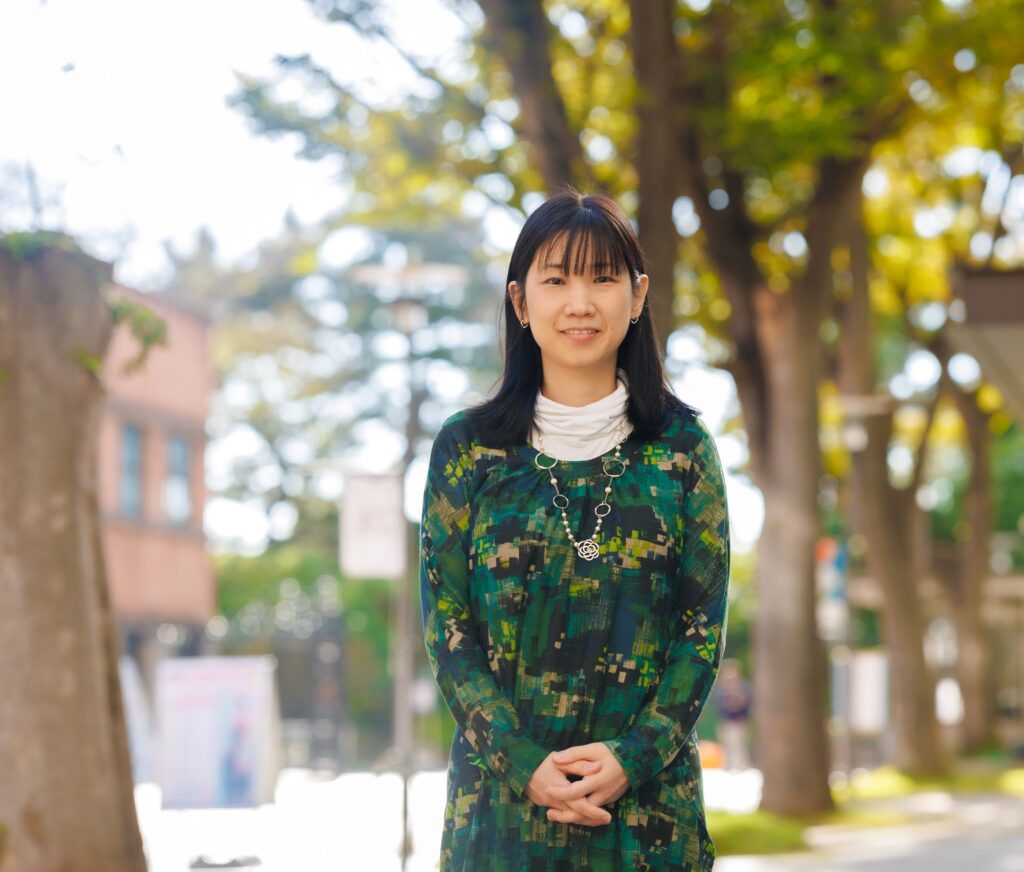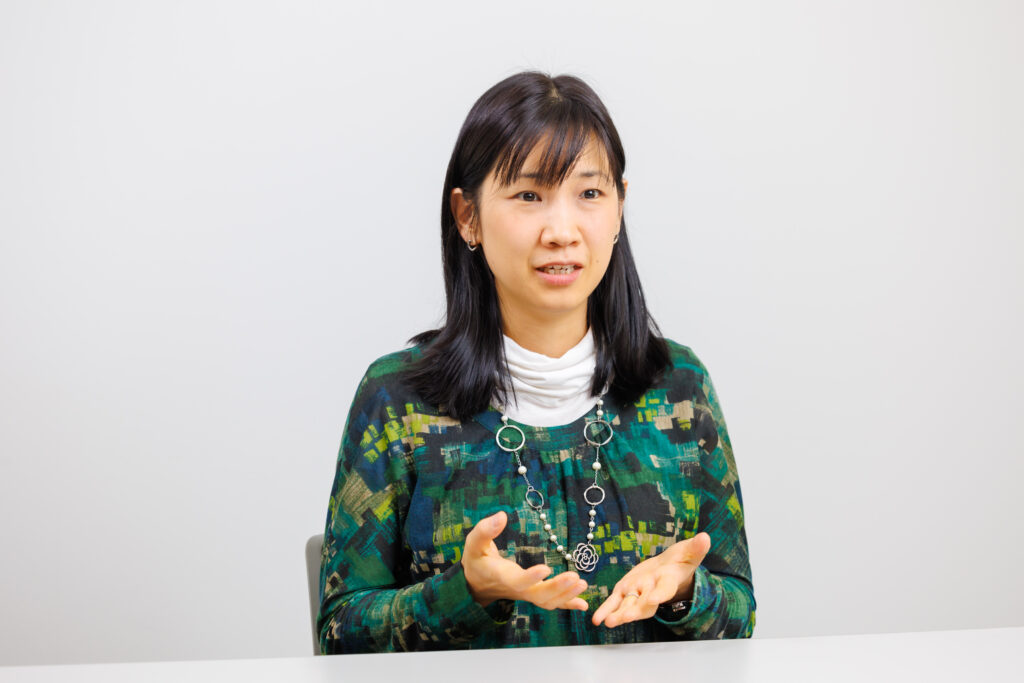
Social workers are experts at supporting people with worries and problems in medical and welfare settings. Associate professor Sachiko Takase from the Faculty of Human Sciences seeks to develop theories based on social work practice, and aims to contribute to the fields of welfare and care for the elderly through research.
I specialize in social work practice for the elderly, and my main research theme is the analysis of social work being practiced at Community General Support Centers. These centers are facilities where social workers and public health nurses provide support for the elderly people in their own homes.
When we talk about welfare for the elderly, there is often an impression of nursing care. However, elderly people face a wide range of issues besides nursing care, including abuse and problems in family relationships, self-neglect, and homes overflowing with garbage as they become incapable of tidying up.
When there is a problem, the actions taken in response vary from person to person. Some may actively work to deal with the problem, while others may do something else as a diversion. There are also people who may not try to deal with the problem at all.
I categorized the responses of elderly people and studied the case records—which record the users’ daily mental and physical states, their ways of living, and the support provided—of Community General Support Centers. I also interviewed social workers and elderly people to clarify a theory for the types of support that are effective based on the responses taken by elderly people.
Engaging people and the environment is the professional support offered by social workers

After graduating from university, while working as a social worker at a hospital, I felt that my work was not being properly conveyed to hospital staff in other occupations. While the job scopes of doctors and nurses are clear, it is easy for social workers to end up becoming gofers. I acutely felt that, to avoid being seen as merely kind or intrusive, it was crucial to formalize social work practice based on theories to provide support on a professional footing equal to doctors and nurses.
I entered graduate school to pursue this goal and have been attempting to develop social work theories based on the concept of ecological social work. Ecological social work approaches social work from the perspective of ecology, in which humans live while interacting with the environment.
For example, support for a patient being discharged from hospital should focus on enabling the patient to go home with a positive attitude. At the same time, we need to coordinate the environment after discharge, such as where to arrange use of a wheelchair, what kind of services will be used and when they become available, and how the family can provide support.
I see this engagement of the environment as part of the professional support offered by social workers, and work to apply real-world efforts to theories, and feed back theories to the real world. Repeating this cycle enables me to link the theory and practice of social work.
Thinking about elderly welfare as our own issue
Currently, I am undertaking research on support for the decision-making of elderly people with dementia. The adult guardianship system is in place to carry out tasks on behalf of people whose judgment has deteriorated due to dementia, including asset management, and procedures for the use of nursing care and welfare services. However, there are many cases where these people can make their own decisions with a bit of help, as well as cases where they reject the use of the adult guardianship system.
How can social workers help to support the decision-making of people with dementia? There are a lot of difficult issues, but listening to social workers, there are common areas that they feel at conflict and on which they place importance. I hope to derive theories from the collective feedback of active social workers.
While the younger generation may not feel it yet, we eventually grow old, and everyone has the possibility of becoming incapable of moving their bodies or developing dementia. How society supports the elderly is an issue that cannot be avoided. I hope students will think about elderly welfare as their own issues.
The book I recommend
“The Tacit Dimension”
by Michale Polanyi, Japanese translation by Isao Takahashi, Chikumashobo

I encountered this book as a graduate student who wondered if social services can be called scientific research. Reading this book made me firmly believe that, while my research does not have the stringency of obtaining data in a laboratory, it has scientific value in terms of introducing new knowledge into society.
-
Sachiko Takase
- Associate Professor
Department of Social Services
Faculty of Human Sciences
- Associate Professor
-
Graduated from the Department of Social Services, Faculty of Humanities, Sophia University. Worked as a medical social worker before obtaining her Ph.D. in Social Services after completing the Doctoral Program in Social Services at Sophia University’s Graduate School of Human Sciences. Took on the positions of research fellow (category: PD) at Japan Society for the Promotion of Science as well as lecturer and associate professor at Teikyo Heisei University’s Graduate School of Clinical Psychology before assuming her current position in 2023. Has qualification as a certified social worker.
- Department of Social Services
Interviewed: October 2023